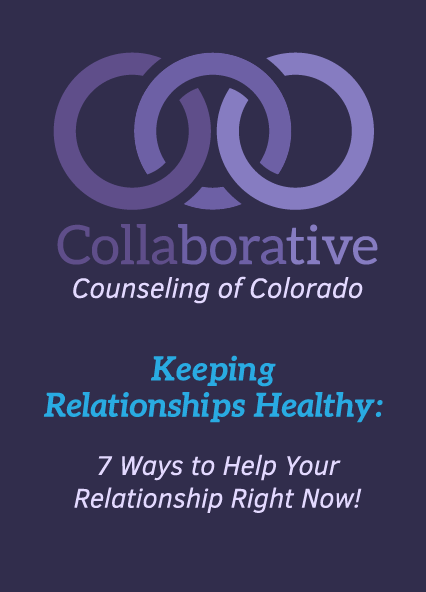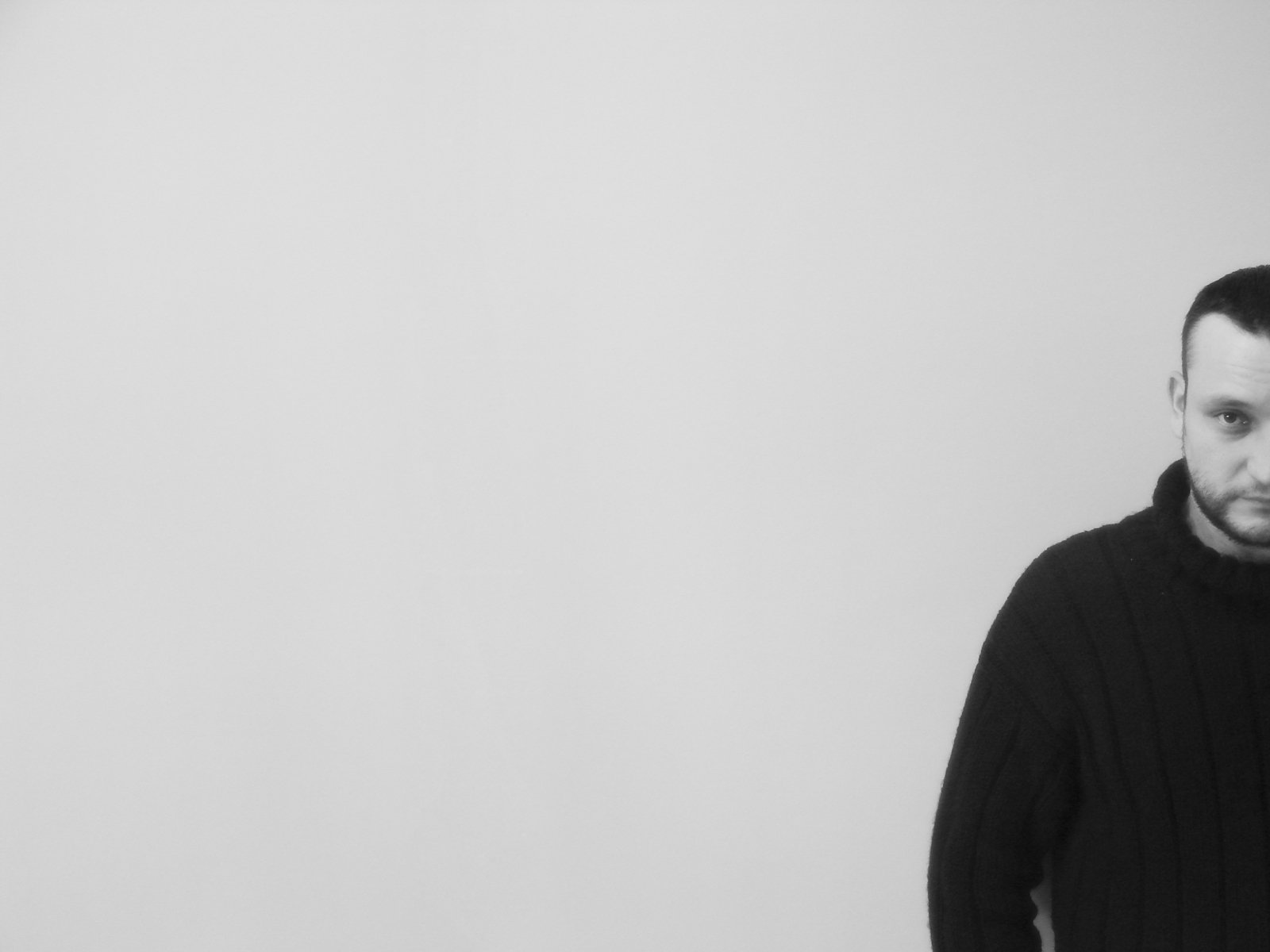Defining the problem
‘Man Up.’
Joe Ehrmann, the former NFL player, calls these two words one of the most destructive phrases in our society today. Why? Because implicit in this message is the command for a boy or man disavow the parts of himself that are emotional, vulnerable, empathic and curious. At the same time, they shame that male into conforming to a limited ideal of masculinity that is tough (read: unemotional), dominant and even aggressive. This type of lesson, which is still deeply trained into boys throughout our society, has far-reaching implications for the lives of boys and men.
The consequences
To begin with, this lesson puts profound restrictions on the problem-solving strategies men can employ. I will not deny that there are many scenarios in which being tough can be extremely resilient, but there are also innumerable circumstances in which this strategy hurts men more than it helps. By shaming boys and men from engaging with their feelings we are in-effect tying one arm behind their backs when they enter the world.
If we consider the possibility that relational needs for contact, care and comfort are as essential to men as they are to all human beings, then we have to wonder how men are left to cope with a deficit in these basic needs. Seen through this lens it I not so difficult to understand the dramatically higher rates of drinking/drugging and violent behavior that men exhibit. Ask yourself this: Why is it often the case that men can express more tender feelings toward other men only after a few drinks? Or this: when we hurt others, is there a part of us that is trying to express the pain and hurting we feel inside?
We tend to feminize these aspects of the self that do not conform to the masculine ideal of ‘man up.’ In fact, phrases like ‘don’t be such a girl’ and ‘ don’t be a sissy (these are the polite versions of course) are close cousins to ‘man up.’ Making this feminine association with these traits creates a double blow: first, it makes more formidable the wall of shame that cuts men off from needed resources and strategies; and second, perhaps even more alarming, it sends a disdainful message about women and girls. It not-so-subtly bolsters the sickening notion of ‘the weaker sex’.
Perhaps there is no better way to measure the cost of this messaging to our society than in the lives that it cuts short. Dr. Niobe Way, who has extensively studied the lives of boys says it this way, “At exactly the age we begin to hear the emotional language disappear from boys narratives, that’s the age boys begin to have five times the rate of suicide as girls.” She is talking about boys between 15 and 19 years of age, but sadly that disparity in suicide rates only climbs higher as boys become men. Add to that the data that shows that over 90% of homicides are committed by men and the stark desperation of the problem really becomes sobering.
“At exactly the age we begin to hear the emotional language disappear from boys narratives, that’s the age boys begin to have five times the rate of suicide as girls.” – Dr. Niobe Way
Where change can start
We need to help our boys be able to access and use all of their capacity, love, and beauty. We need to help men to more than ‘man up’ but to ‘human up.’ Untie that hand behind their back and reach out in loving, empathic ways to help them escape from the prison cell of limitations that have left so many men in our society desperate and alone.
After all, to do that – to reach within and feel the pain, loneliness, joy, sorrow, and hopefulness that are inside – to do that would take real determination, real courage, real fortitude.
To do that would take a real man.

